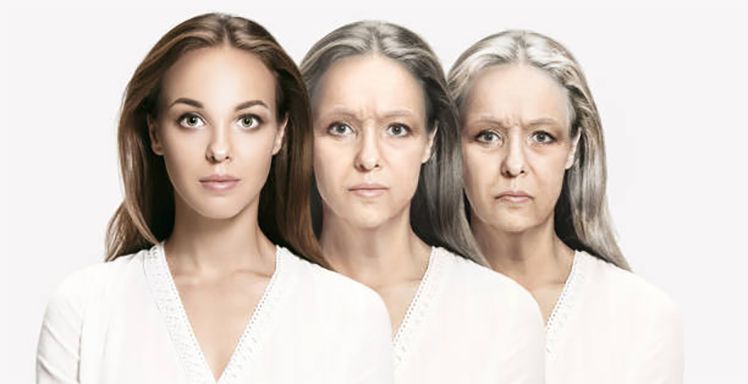
The life expectancy in the western world in the middle of the 19th century was 40 years, diseases, wars, plagues reduced the life span of Europeans, reaching old age was not common, but when it happened, it became a punishment for the problems that age caused in the body of the old man, loss of vision, mobility, deterioration of the skin, of the muscles. Many chronicles and novels of the time put into the mouths of their characters that they preferred a young but glorious death to a long and unbearable old age. However, life expectancy has multiplied, not only in the Western world, but throughout the world. Today we live longer, but although medicine has made the suffering of the elderly more tolerable, old age continues to be a stage of our lives where we lose our functions.
An article, published on the website: Herald Open Access, highlights the importance of research in reversing aging and the significant advances that have been made in this area in recent years. The authors of the article are Dr. Kavitha K. Saravanan, Dr. Arunachalam Muthuraman, and Dr. Pradeep K. Karar, from the College of Engineering and Information Technology, Hindustan University of Technology and Design in Chennai, India. , have compiled a lot of information on studies in this regard, and they seem to agree that in the coming years we will have an elderly population that will be able to reverse the evils that their age incurs, that is, they will be able to reverse the damage caused by the aging of our cell phones and organs.
The authors explain that aging is due in large part to the shortening of telomeres, which are the tips of chromosomes that protect genetic material in cells. The reduction in telomere length has been linked to cellular aging and age-related diseases.
The race to stop aging has been going on for decades, with science developing hormonal supplements, such as Dehydroepiandrosterone (DHEA) growth hormone, melatonin and estrogen, as well as dietary supplements containing synthetic and natural antioxidants in purified form or in extracts. of plants. While some of these treatments have shown various clinical benefits in elderly care, none of them actually slows down the aging process.
Until now it would seem that the health and beauty pharmaceutical industry was after placebos, which do little to stop or reverse aging. However, in recent years in clinical trials it has been discovered that certain molecules, such as ribonucleic acid (RNA) and AMP-activated protein kinase (AMPK), can help reverse the shortening of telomeres and, therefore, the aging process. In addition, recent studies have found that metformin-based drug therapy, vitamin D3 supplementation, and caloric restriction, stopping overeating, and staying on hold for periods of time can slow down or reverse the effects of aging.
The authors cite other studies that support the idea that reversal of aging is possible at the cellular level. For example, a study published in the journal "Nature Communications" showed that the use of a compound called nicotinic acid adenine dinucleotide phosphate (NAD ) can help restore telomere length in cells.
The findings suggest that aging is not an irreversible process and that, with proper research, we may have the ability to slow or even reverse the aging process. So far laboratory studies have managed to stop and reverse aging in mice, including muscle renewal. Researchers have managed to regenerate old mice into young mice. Now his research must go further, replicating his successes in mice in humans.
The reversal of aging can not only prolong life but also improve the quality of life of older people. Mention is made of the case of a 60-year-old man who participated in a clinical trial of age reversal treatment and experienced an overall improvement in his health, including greater physical stamina and improvements in his cognitive function. < br />
The dream of stopping the biological clock and not reaching the zenith of life seems possible, but it is certain that it will not be in this decade, but in the next, when an anti-aging compound created in laboratories is finally available to adults who do not want to grow old, living eternal youth, or who, already being elderly, seek to reverse the ills that come with age, and deteriorate their health.